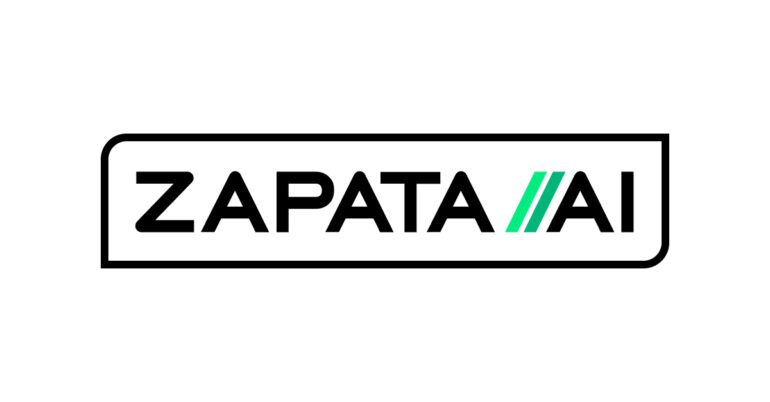TL;DR:
- Zapata AI and IonQ form a strategic alliance for generative AI research.
- Collaboration leverages quantum hardware to explore novel AI techniques.
- Focus on solving complex real-world business problems.
- Joint efforts to scale advanced compute services and enterprise products.
- Past successes include quantum-generated real-world data and DARPA accolade.
- Quantum-enhanced generative modeling is poised to transform industrial challenges.
Main AI News:
In a move set to reshape the landscape of generative AI research, Zapata AI, a pioneering software firm dedicated to tackling the most intricate computational challenges faced by enterprises, has forged a strategic alliance with IonQ, a frontrunner in quantum computing hardware and commercial quantum application development. The strategic partnership builds upon years of collaborative groundwork, aiming to pioneer groundbreaking generative AI techniques by leveraging the potential of quantum hardware, consequently unraveling novel avenues for addressing multifaceted real-world business conundrums.
This endeavor marks an expansion of the existing quantum collaboration between IonQ and Zapata, now with an intensified focus on generative AI. Through this synergy, Zapata’s squad of application development experts will harmonize with IonQ’s cadre of scientists, who are backed by cutting-edge computational technology and a spectrum of services. The collective mission is to deliver united generative AI undertakings of paramount significance. Moreover, this partnership will usher in joint go-to-market initiatives, poised to facilitate the widespread adoption of IonQ’s advanced computational services, complemented by Zapata’s bespoke enterprise products.
Rima Alameddine, Chief Revenue Officer at IonQ, underlined the catalytic potential of this collaboration: “IonQ’s ascendancy in the commercial arena echoes the discernible value our systems offer. Yet, the quantum computing journey can prove intricate. Our symbiotic venture with Zapata is strategically designed to mitigate hurdles and expedite the assimilation of quantum technologies. We eagerly anticipate the transformative outcomes that this collaboration is poised to yield. Together with Zapata, we are poised to revolutionize the development of generative AI models, thus empowering enterprises to conquer industrial-scale challenges.”
This strategic covenant is an embodiment of the triumphs achieved in past collaborative exploits between the two corporate juggernauts. Notably, their joint venture birthed a pioneering project that harnessed quantum hardware to generate real-world data of exceptional quality. Additionally, the duo received a multi-year accolade for quantum benchmarking from the renowned Defense Advanced Research Projects Agency (DARPA), a testament to their unassailable commitment to innovation.
Yudong Cao, Chief Technology Officer and co-founder at Zapata, expounded on the prospects that lie ahead: “We stand poised to advance upon our existing collaborative foundation, delving into the intricate realm of quantum generative AI. The advent of quantum-enhanced generative modeling is anticipated to herald the dawn of quantum supremacy for industrial quandaries. From drug discovery and optimization to language processing and predictive analytics, the possibilities are staggering. With IonQ’s state-of-the-art technology as our driving force, we are on the brink of crafting an indelible impact.“
Conclusion:
The partnership between Zapata AI and IonQ represents a pivotal juncture in both generative AI research and quantum computing. By combining their expertise, these industry leaders are poised to pioneer transformative techniques, leveraging quantum hardware to solve intricate business challenges. This collaboration not only expands technological boundaries but also holds the potential to reshape the competitive landscape of the market by delivering innovative solutions that harness the power of quantum computing and generative AI.

